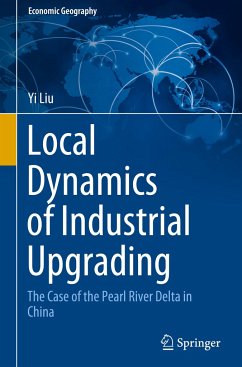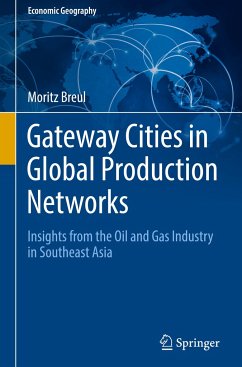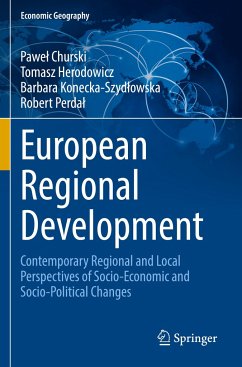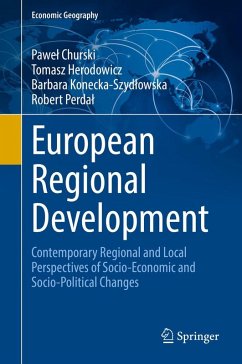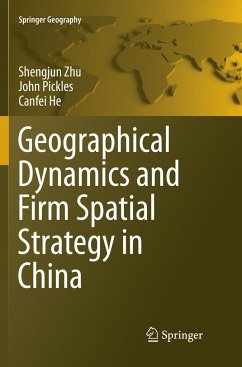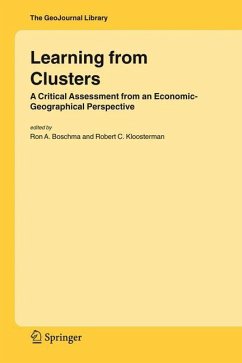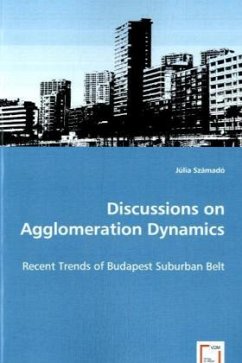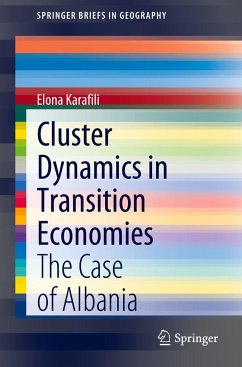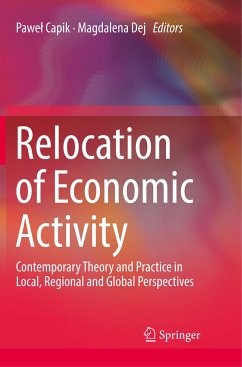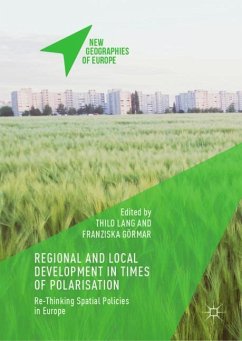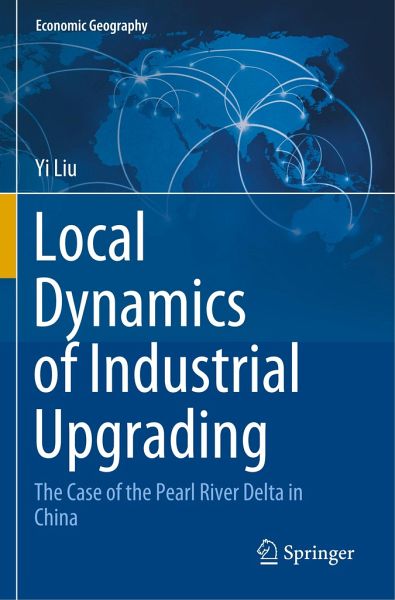
Local Dynamics of Industrial Upgrading
The Case of the Pearl River Delta in China
Versandkostenfrei!
Versandfertig in 6-10 Tagen
75,99 €
inkl. MwSt.
Weitere Ausgaben:

PAYBACK Punkte
38 °P sammeln!
This book examines industrial upgrading in China's Pearl River Delta (PRD), with a specific focus on how strategic coupling impacts industrial upgrading from the perspective of relational economic geography. It shows that firms in the PRD have been struggling after serving as low-tier suppliers and subcontractors for transnational corporations for two decades, since the 1980s opening reform in China. Indigenous innovation and direct state support have fostered the success of a few firms, but not the majority. In response, many local firms are now taking advantage of the opportunities to be fou...
This book examines industrial upgrading in China's Pearl River Delta (PRD), with a specific focus on how strategic coupling impacts industrial upgrading from the perspective of relational economic geography. It shows that firms in the PRD have been struggling after serving as low-tier suppliers and subcontractors for transnational corporations for two decades, since the 1980s opening reform in China. Indigenous innovation and direct state support have fostered the success of a few firms, but not the majority.
In response, many local firms are now taking advantage of the opportunities to be found in global production networks, which link the PRD with the global economy. This book elaborates on how these opportunities are embedded and identified in global production networks with regard to different types of strategic coupling. It not only renews the theory of strategic coupling in economic geography, but also demonstrates potential strategies that latecomer firms can pursue, and which can have major implications for many developing countries and regions.
In response, many local firms are now taking advantage of the opportunities to be found in global production networks, which link the PRD with the global economy. This book elaborates on how these opportunities are embedded and identified in global production networks with regard to different types of strategic coupling. It not only renews the theory of strategic coupling in economic geography, but also demonstrates potential strategies that latecomer firms can pursue, and which can have major implications for many developing countries and regions.



